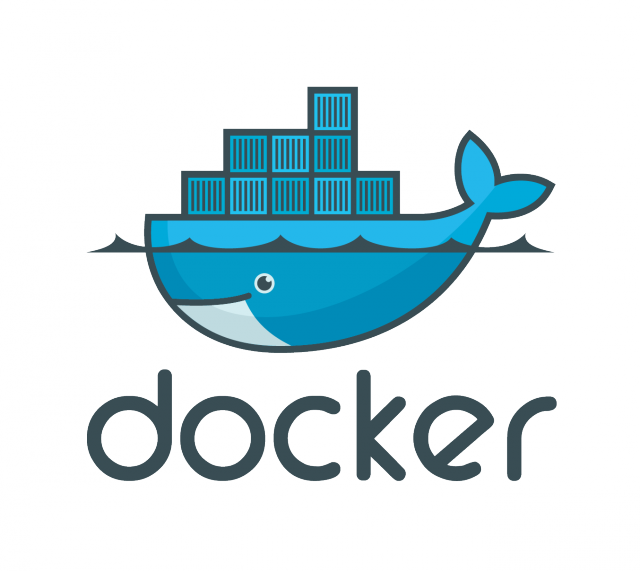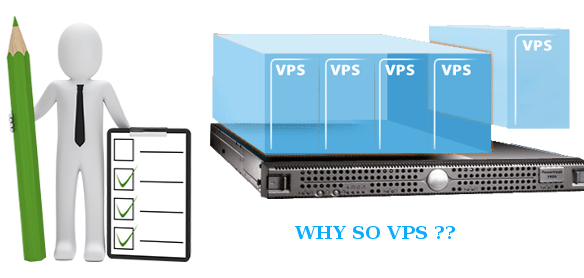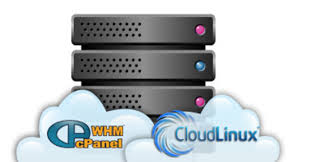
This blog helps you to understand in-depth about ‘Docker’ technology and its benefits. The technology is useful in distributing the application you are using without worrying about the compatibility requirements.
From a layman’s viewpoint, the docker packages the application with its entire dependencies like libraries, binaries etc., that are required to run the software or application. It wraps the application and its entire dependencies in a file system called Container. As the container possesses all the required binaries, libraries, files etc., it is easy to distribute the application with another host without bothering about the requirements of the application in the new host.
Docker follows the Linux container technology. The container is actually an Operating System level virtualization, used for running each application in the same host within an isolated environment. The word ‘isolated environment’ means, one container in the system would not affect or interrupt the working of another container in the same system. At the same time, Containers are not similar to Virtual Machines.
The advantages and disadvantages of Container technology and Virtualization are:
1. When Container isolates one process from another within the same OS, Virtual Machines (VMs) act like another physical machine, which may have OS in each VMs.
2. Container technology is OS virtualization and VMs are hardware virtualization.
3. The base machine resources such as CPU, RAM, HDD etc., will be divided for each VMs and a huge amount of resource will be occupied for system files/ services. In the case of containers resource wastage is much lesser while comparing to VM.
The architecture of Container technology and Virtual machine is as below –
Virtual Machines are always plagued by the issue of resource wastage. Each VM will run with independent Operating system and Application. For running 20 or 30 virtual machines, it is imperative to have huge disk space, high-performance, CPU and memory.
Another major problem that arises while running many applications in a single system is Security. Hence Docker comes in to action as a solution. It is open, secured, light weight and guarantees that the software will run as the same everywhere.
In an ordinary software distribution, it is necessary to setup the environment to run the business, like manually installing the exact software versions, framework etc. Here, Docker comes with a much upgraded technology. It lets you create a container with your application along with all other dependencies. The container can be distributed to other systems, where the software runs as the same. The Docker protects the base system and each process running inside the docker is isolated and does not affect another process.



